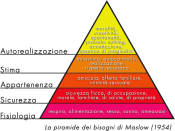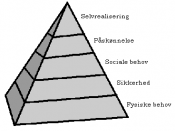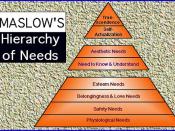When the average person is asked what typically occurs in the aftermath of any major disaster, the following items are typically mentioned at the top of the list: looting, panic, lawlessness, rape, murder, general crime. However, these same items, along with price gouging, disaster shock, contagion (the bad behavior spreading), and the installment of martial law are defined by most sociologists and disaster researchers as disaster myths. In other words, these behaviors do not typically occur in the aftermath of disasters. More typically, people tend to band together wherever they can to help those still in physical danger. Contrary to this accepted sociological theory, the residents of New Orleans seem to have reacted in the way that the myths predict in the aftermath of Hurricane Katrina and the flooding that followed. The media has reported looting, rape, murder, urban warfare, and even more frightening, New Orleans Police Officers participating in this anarchy.
Are these reports true? If so, what motivated the people of New Orleans to act in such a manner? I hope to answer these questions in the following paper.
A. Disaster Myths and Maslow's Hierarchy.
The first thing that one must look at is why these myths have engrained themselves into the minds of society and what would motivate victims of a disaster to react in such a manner? In the United States, most people are not starving and are not lacking clothing or shelter. What's more, there is little to suggest that these things will be taken away at any point in the near future, so most people have a definite sense of safety. If there is ever a time when that safety is threatened, there are always people to call to come to the rescue and restore that safety, as in the police or emergency...


